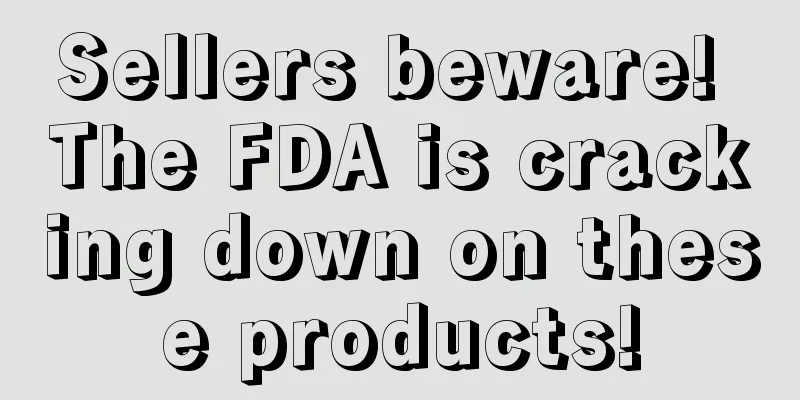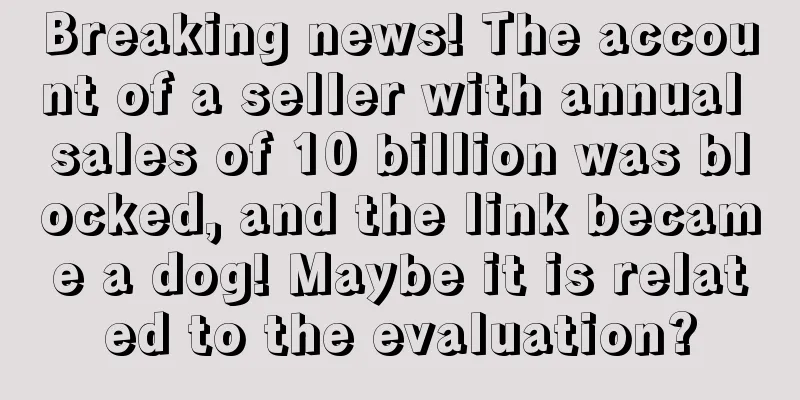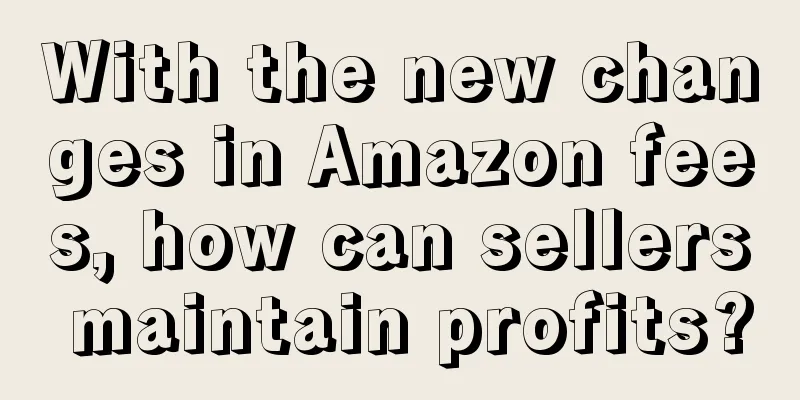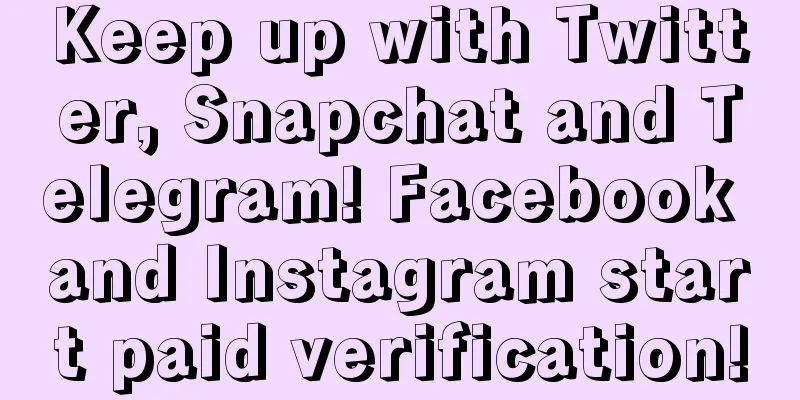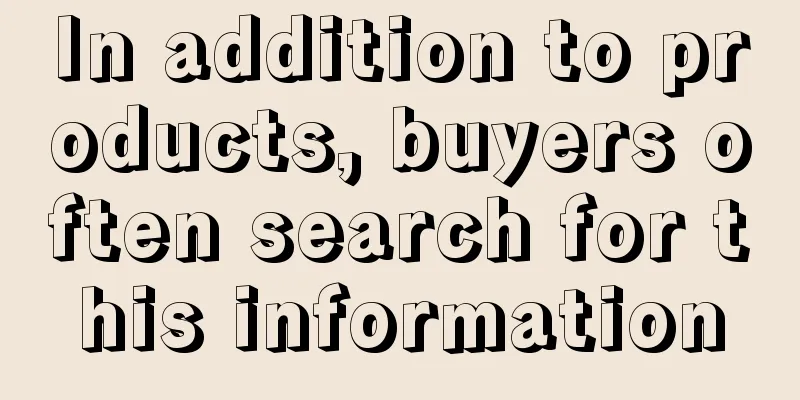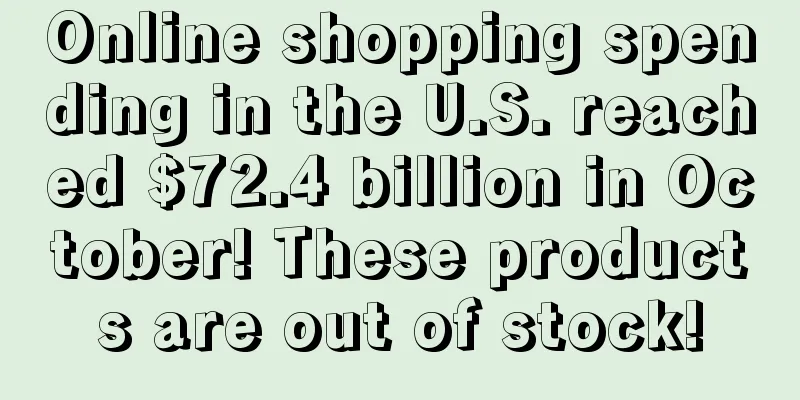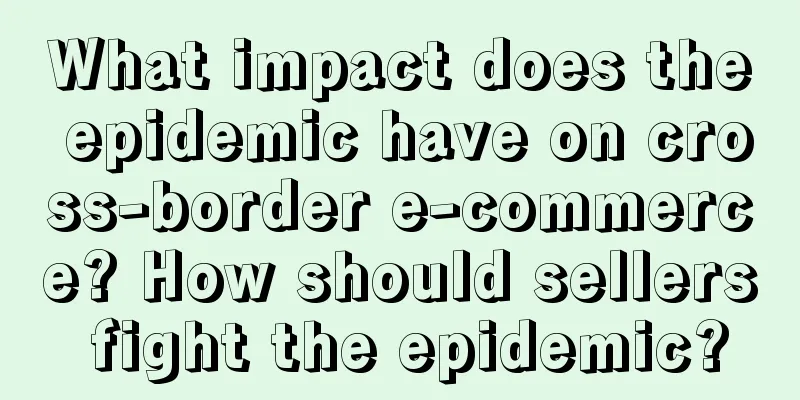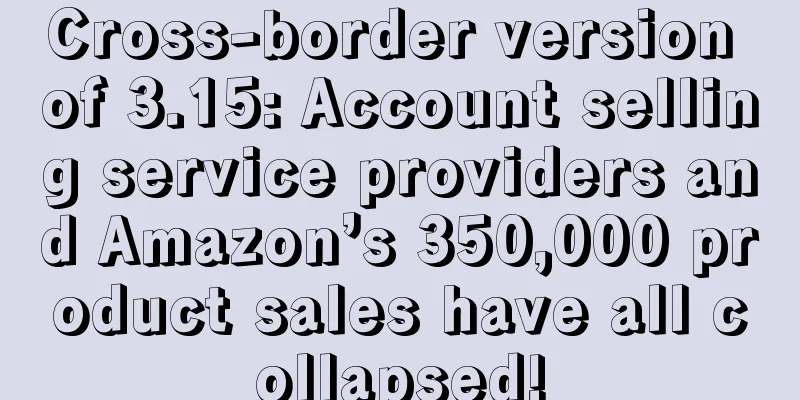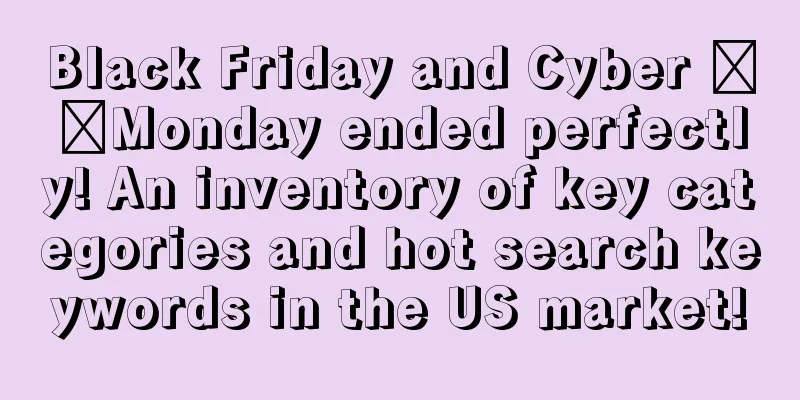Domestic freight to the UK for sale? Cross-border sellers should pay attention to the new VAT regulations starting in 2021!
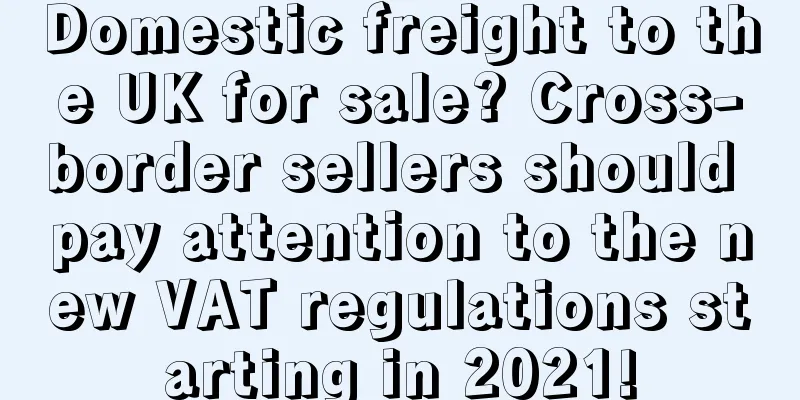
|
1. Cancel VAT exemption for "low value" goods below "15 pounds" In the previous policy, goods with a value of 15 pounds or less were generally exempt from import VAT. However, goods with a value of more than 15 pounds were subject to import VAT, and goods with a value of more than 135 pounds were subject to customs duties. However, after the implementation of the new VAT policy on January 1, 2021 , all "low-value" goods will be subject to VAT, and there will no longer be a low-value VAT tax-free amount for goods worth 15 pounds or less. At the same time, for single consignments of goods worth no more than 135 pounds entering the UK from overseas , the collection of VAT will be transferred from the current import link to the sales link. The British government will no longer collect import VAT when entering customs, but will instead collect output tax at the "sales link" . For goods over £135, the existing policy will continue to apply. 2. For goods not sold through OMP, overseas sellers must register with the UK tax authorities and pay VAT If goods are sent from overseas and sold directly to UK consumers without the involvement of OMP (Online marketplaces, such as Amazon), the overseas sellers themselves will be required to register and register with the UK tax authorities and pay VAT. 3. OMP collects and pays VAT on behalf of others On the contrary, if the e-commerce receipt is not involved in the sales process, the seller himself will be responsible for collecting and paying VAT. How was the price of 135 pounds determined? Before the implementation of the new VAT policy, foreign goods entering the UK were generally subject to import VAT and tariffs. For the import VAT of regular goods (non-alcohol/cigarettes/perfumes/gifts, etc.), if the value of the goods exceeds 15 pounds, you will have to pay import VAT. If the value of the goods exceeds 135 pounds, you will have to pay customs duties. After the implementation of the new VAT policy, for single consignments of less than 135 pounds, VAT will be levied at the sales stage, and there will no longer be a low-value VAT exemption of 15 pounds. At the same time, the new VAT regulation of 135 pounds was determined with reference to the tariff threshold value. If you sell goods on e-commerce platforms such as Amazon, the platform will pay the tax, so the seller does not need to declare VAT himself? This is for sellers whose single consignment does not exceed 135 pounds . If British overseas sellers sell their goods through the UK Amazon platform , then in the B2C case, the Amazon platform will be obliged to declare VAT for these goods. If a UK overseas seller sells on his own instead of through the Amazon platform, then the seller needs to register for UK VAT and then declare VAT to the UK tax authorities himself . What is a "single consignment"? A single consignment refers to the total value of a single shipment of goods shipped to the UK by an overseas seller in the UK during the import and export sales process. In fact, this regulation is aimed at those "small packages". For overseas sellers whose single consignment value exceeds 135 pounds , the declaration obligation has not changed fundamentally from before, and they still need to pay import VAT instead of output tax. If it is B2B, how to declare it? If it is B2B, the British merchants can provide their valid VAT number to the British overseas sellers or the British Amazon platform , so that the obligation to declare VAT is transferred to the British merchants ; the British merchants will declare in the form of reverse VAT tax . British overseas sellers or sales platforms do not need to make declarations. What is Reverse VAT? Reverse VAT is a simplified procedure where the buyer is responsible for declaring VAT, thus avoiding the trouble of international sellers registering VAT in the buyer's country. It can also be called tax transfer . However, reverse VAT only applies to trade in services and B2B , not to trade in goods and B2C. Kind tips The "135-pound limit" in the above new policy mainly applies to some small packages . For local British companies that are currently registered for VAT and import goods from outside the UK, the new VAT policy is actually beneficial to the company's cash flow; because they no longer need to pay import VAT when entering the customs. (Source: FBA Information ) |
Recommend
Product selection sharing: These ten home furnishing products are very popular
For cross-border e-commerce sellers, the quality ...
Breaking news! A container ship caught fire, which had been docked in Qingdao and Shanghai! A seaman jumped off the ship, triggering a 30-hour manhunt!
The shipping market has been plagued by "blac...
What is Product Boost? Product Boost Review
Product Boost can help merchants push high-quality...
What is Savi Network Technology Co., Ltd.? Savi Network Technology Co., Ltd. Review
Shenzhen Saiwei Network Technology Co., Ltd. (&quo...
My Amazon store has been blocked. How can I remove the brand registration?
The platform's audit of accounts is becoming m...
What is Triangle CPA? Triangle CPA Review
Triangle CPA is a Chinese accounting firm headquar...
71% of American consumers prioritize price when shopping online, with product quality becoming secondary
It is learned that on August 11, according to fore...
Will your listing be removed? Amazon has issued new rules
textStarting from October, Amazon has once again ...
No one buys at a high price, and no profit at a low price? Teach you how to increase the premium ability of your products.
The ultimate goal of pricing is to make money, so ...
Amazon's ranking rules - Amazon A9 algorithm analysis
Amazon is currently the world's largest e-com...
What is AMS? AMS Review
AMS ( Amazon Marketing Services) is a package of s...
What is an Amazon VC account? Amazon VC account review
VC (Amazon Vendor Central), sellers sell products ...
What is Broad Match? Broad Match Review
Broad mATCh is a keyword matching type for manual ...
High inflation is holding back sales in the US this year
According to a new study, sales in the United Stat...
